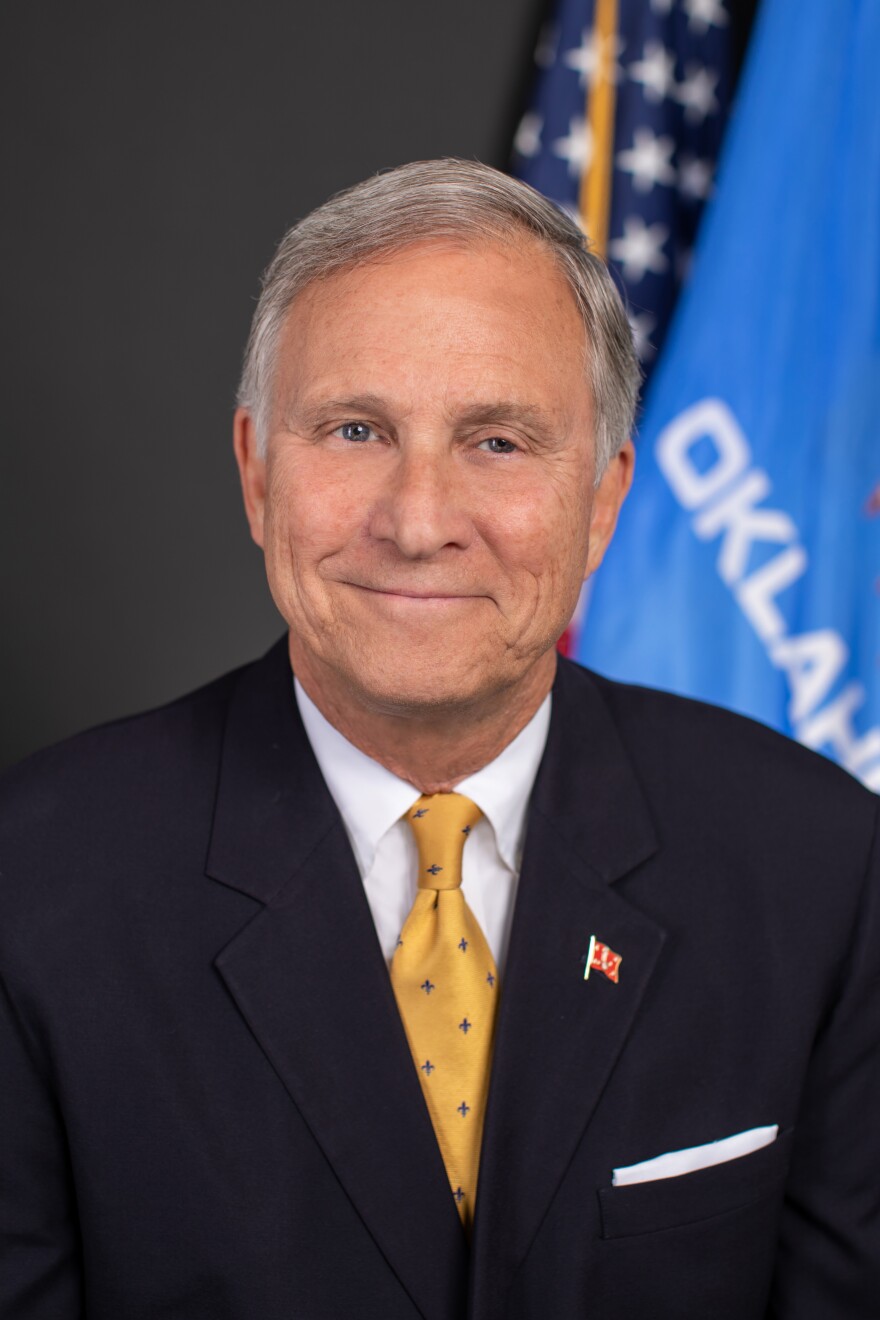Slavonic said his time at the Oklahoma Veterans Affairs Department was only supposed to last six months, but when he showed up to assume leadership, he said he realized there wasn’t any in the first place.

Now, he said, it’s time to focus on his and his wife’s health and watching his grandkids grow. His last day at the agency is May 31.
He says the poor leadership and communication at the agency stood out to him during the first few weeks on the job when an employee entered his office to ask a question.
“The individual came in and said, you know, I've been here several years and I've never been in this office,” Slavonic said. “And to me, that was telling, given the leadership of the previous administration, that there wasn't more collaboration with the employees. That door certainly needs to be open.”
At the behest of the State Secretary of Veterans Affairs and the members of the Veterans Affairs Commission, Slavonic agreed to stay on longer to help jumpstart reform.
Slavonic said he conducted two agency-wide surveys asking employees about workplace culture, one when he started and another a year into his short tenure. “The trend lines are heading in the right direction,” he said. “Employees' attitudes are better. And I think the key has been communication.”
He said the surveys revealed a lack of communication from leadership in the central office to the homes and members of the agency’s oversight commission.
“It became apparent at our first commissioner meeting that full financials were not given out to the commission,” Slavonic said. Delivering those numbers was one of the first steps toward a more transparent agency, he said.
One place where Slavonic pointed toward agency success was the construction of a new veterans’ home in Sallisaw.
“We’re roughly 70% complete with the facility,” he said.
Most of the work is needed inside the building, Slavonic explained. Beyond actual construction, that includes propping up an IT infrastructure, moving in furniture and equipment and passing all normal safety inspections.
“Once we can move 20 residents from other homes, and more than likely, they'll be the ones that had said they wanted to come to Sallisaw when it opened, we'll bring them over and we'll bring over a staff, and we'll start the process of managing that home,” he said.
The home will start out with only 20 residents until it passes a final quality inspection by the federal government. It’s a vital step in the process, Slavonic said, because the state’s veterans affairs agency sees most of its revenue to pay for its homes in the form of per diem amounts for each resident living in them. And those per diems don’t come without federal approval of the facility and its operations.
A sale of the veterans' home in Talihina is still pending. Slavonic said the Choctaw Nation remains the most likely buyer, but has yet to make an offer.
Still, he said he’s comfortable with the new Sallisaw home's progress and the agency's workplace culture shift.







